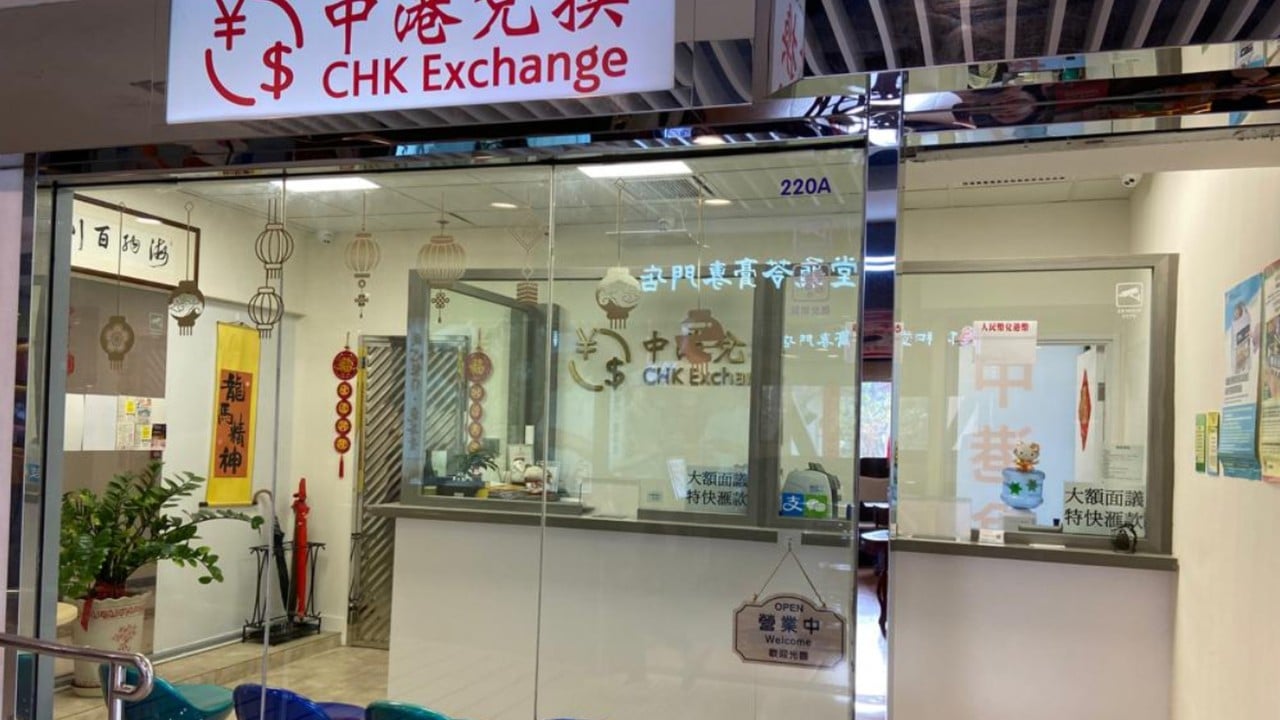Hong Kong police are poring over surveillance camera footage to gather evidence after more than HK$110,000 (US$28,212) in mainland Chinese and Hong Kong currencies were stolen from a money exchange.
Officers arrived at CHK Exchange store on the second floor of Tai Wo Plaza in Tai Po soon at around 9.30am on Monday when its staff arrived for work and found the shop’s main door and a safe had been broken open.
“A preliminary count shows around 100,000 yuan [US$14,096] and several hundreds of Hong Kong dollars were stolen from the store,” a police spokesman said.
A source familiar with the case said officers were collecting evidence from surveillance cameras in an effort to identify the number of burglars involved and track down their escape route.
Detectives from the Tai Po criminal investigation unit are handling the case.
Reports of burglary rose by 19.6 per cent to 684 between January and June of 2024 from 572 cases logged in the same period last year.
The city recorded 5,156 cases of violent crime in the first six months of this year, up by 8.3 per cent from 4,759 reports over the same period in 2023.
Authorities installed 15 sets of police surveillance cameras in Mong Kok in March as part of a plan to have around 2,000 set up each year, with a focus on densely populated zones and high-crime areas.

Another 13 sets of surveillance cameras were installed in the Western police district, where the central government’s liaison office is located.
Footage captured by newly installed cameras in the Western police district led officers to identify and arrest a 54-year-old man who allegedly broke into a money exchange on Des Voeux Road West about two weeks ago.
Secretary for Security Chris Tang Ping-keung revealed in a recent interview with the Post that police surveillance cameras would adopt facial recognition technology.
“This is a natural trend. In fact, in a lot of other jurisdictions, they are using it already,” Tang said.
The former police chief reassured the public that adding more surveillance cameras would not compromise personal privacy.


